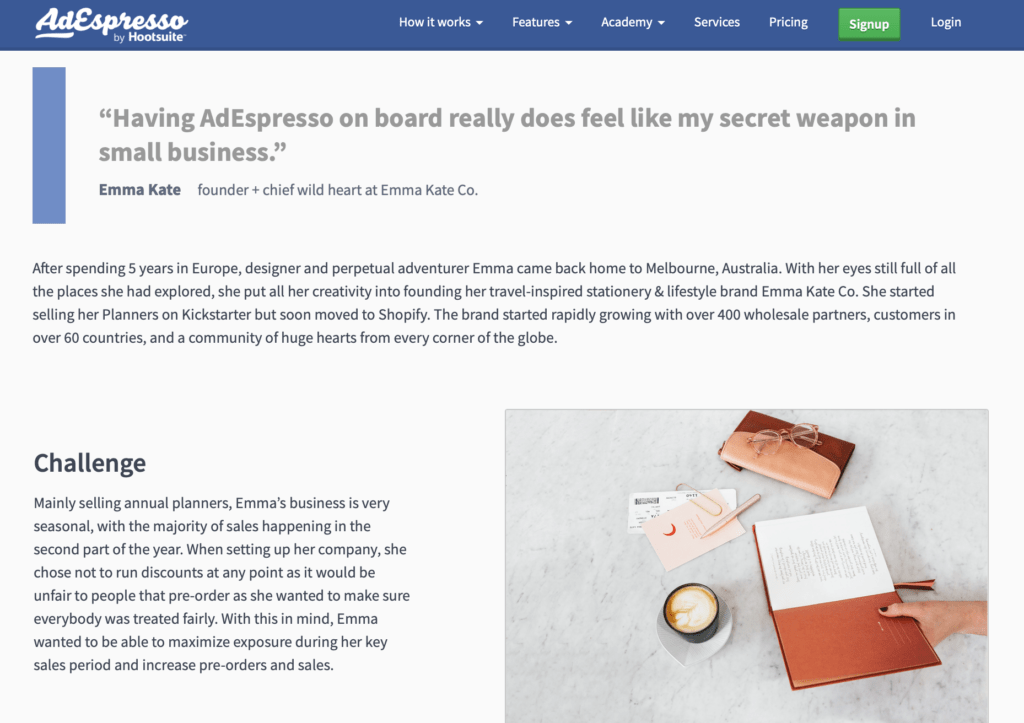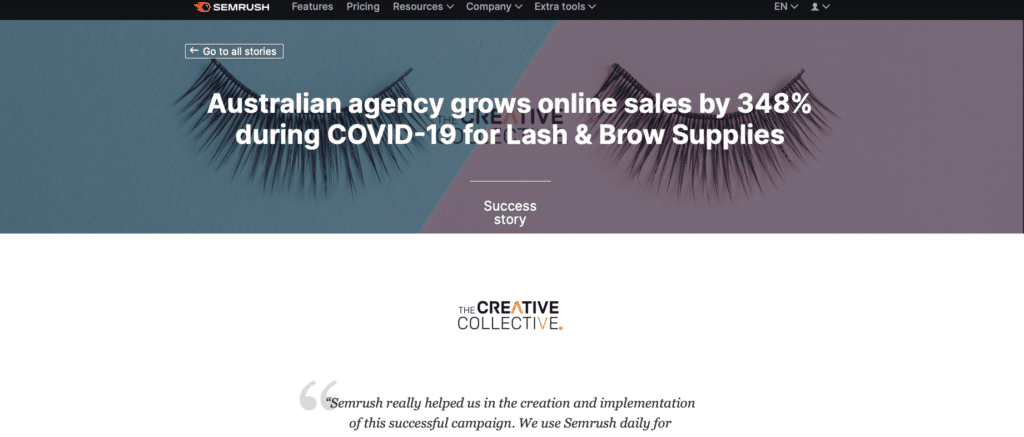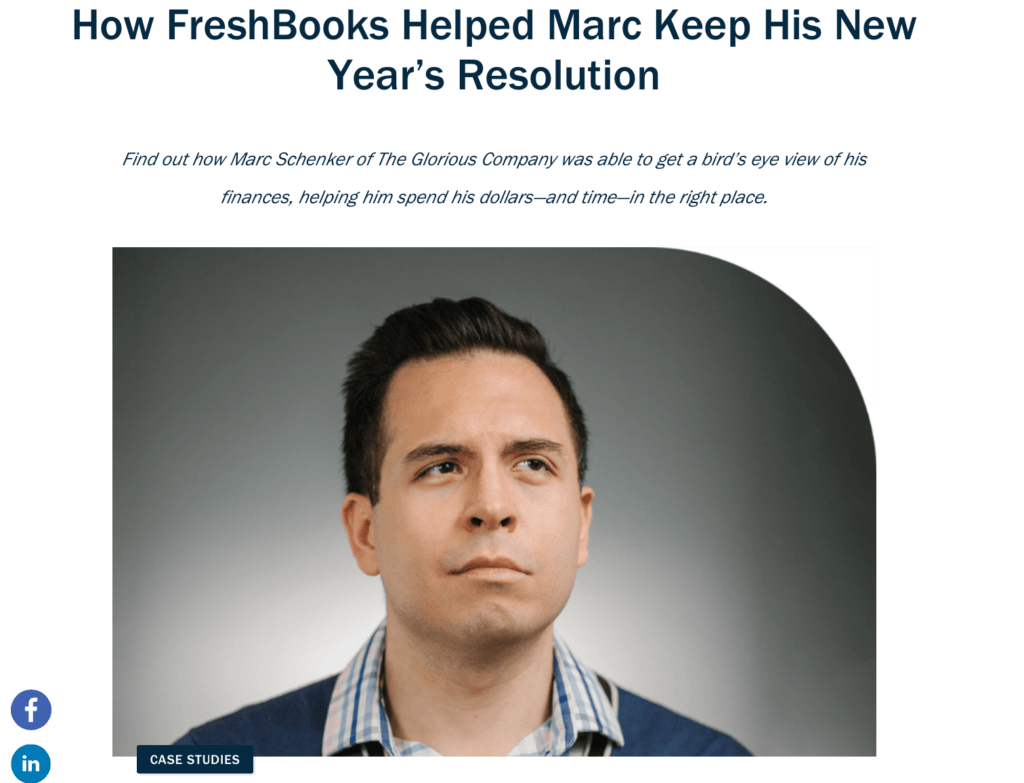

Unkover your competitors’ Marketing Secrets
Say goodbye to wasting hours on competitor analysis by equipping your team with an AI-driven, always-on competitive intelligence platform.


Say goodbye to wasting hours on competitor analysis by equipping your team with an AI-driven, always-on competitive intelligence platform.

Stay Ahead with AI-DRIVEN Competitive Intelligence
Unkover is your AI-driven Competitive Intelligence team delivering critical updates about your competitors the moment they happen:
Track your competitors website changes
Why spend all day stalking the competition when you don’t have to?
With Unkover, you’ll know instantly when your competitors tweak their messaging or shake up their pricing. No more endless scrolling through their sites or second-guessing your strategies.
Let us do the heavy lifting for you, ensuring you’re always in the loop by notifying you the moment a critical change happens on your competitor’s pages.
Sit back, relax, and keep winning—Unkover makes sure you’re not just in the game, you’re always a step ahead.


Read your competitors emails
Companies love updating their customers and prospects about relevant news, product updates, and special offers.
That juicy info from your competitors? It’s yours too. Unkover will automatically capture all their emails and bring them right to your doorstep—accessible to your entire team, anytime.
[COMING SOON: Our fine-tuned AI will sift through these emails, extract key information and send them over to the best team within your org. Less noise, more signal!]
We hear you! Unkover’s goal is not to flood you with tons of data points that no one in your team will ever read. We gather competitive intelligence from thousands of data sources and use AI to highlight actionable information to the right team in your company.
Say goodbye to noise. We’re 100% signal.
ROADMAP
We’re excited to get Unkover in your hands as soon as possible and keep building the best competitive intelligence tool with your precious feedback. The roadmap for the next few months is already exciting, so take a look!
While we build and deliver, here’s our promise to you: as an early tester and customer, you’ll lock in an exclusive bargain price we’ll never offer again in the future.

Spy on your competitors’ full marketing strategy: social, ads, content marketing, email flows, and more.

Track competitive Win/Loss analysis and build battle cards. Get alerted at every pricing change.

Get immediate alerts when competitors announce new features or major releases. Identify strengths and weaknesses from online reviews.

Get the competitive intelligence you need where you need it: Slack, eMail, MS Teams, Salesforce, Hubspot, Pipedrive and more.
slack integration
Unkover’s Slack integration lets you keep your whole team up to speed with your competitors’ updates.

Join now to lock in an exclusive 50% lifetime discount
For startups and small teams, it’s the essential toolkit you need to keep an eye on a select few competitors.

Up to 5 competitors

50 pages monitored

10 email workflows

3-day data refresh
$39
/per month
$ 79
50% discount
Billed annually
For growing businesses, it allows you to monitor more competitors, pages, and email workflows.

Up to 10 competitors

100 pages monitored

20 email workflows

1-day data refresh
$79
/per month
$ 159
50% discount
Billed annually
For large companies, it is tailored to meet the needs of multiple teams needing granular insights.

Custom number of competitors

Custom number of pages monitored

Custom number of email workflows

Hourly data refresh
Custom price
Billed annually

Let’s talk about case study interviews.
Case studies allow brands to demonstrate exactly how they can help resolve specific pain points, how customers are using their products or tools, and an exact example of what kind of results people can expect.
This is important because plenty of businesses make big claims, trying to outshine their competition. There isn’t a marketing agency out there that won’t promise to get you more reach or a law firm that doesn’t like to appear confident in their ability to win cases.
Every brand will proclaim that they can best solve their customer’s needs, but those claims on their own rarely mean much. They want to know that you can live up to what you promise, and seeing case studies from existing clients can win them over.
To create high-value case studies that can help you attract and convert customers, it only makes sense that you’ll need to start with a killer interview.
In this post, we’re going to look at how to conduct a case study interview that will help you create high-value case studies to draw attention and quality leads to your business.
We’re all busy, so it can be tempting to put off case studies or relegate the case study interviews to a quick Google form that asks specific questions.
While you can create basic case studies off of this information, especially if you only want to showcase quick results, it won’t be nearly as impactful as case studies created off of more in-depth interviews.
These interviews can take place by email, phone, Zoom, or in person, but the idea is that there is plenty of room for open discussion. Actual interviews can help you go beyond basic information so that you can get to the story and the pain points of how your clients have been impacted.
There’s also a great chance that they’ll share more during an open conversation that can be a crucial component to the case study that they may not have thought to share on a form because you may not have thought to ask.
Strong case study interviews are an essential part of creating dynamic, engaging content that can actually convince your target audience that you’re the right business to purchase from.
Conducting a rocking case study interview all comes down to great preparation, so let’s take a look at how to do exactly this.
Before you start formulating your case study interview questions, you want to think about what you want your case studies to convey.
Case studies allow you to go beyond sharing simple results (which are powerful enough on their own and should still be an important part of the content), allowing you to dive into more nuance to address the pain points of potential leads fully.
For example, a virtual phone line company may want to consider going beyond stressing their 99% service uptimes and touch on additional features they offer. Emphasizing that offer call scheduling to give business owners more of their time back on an automated basis, for example.
This case study from AdEspresso is an excellent example of what to look at when considering your audience’s pain points. There’s a client who ran highly seasonal campaigns who didn’t want to leverage discounts to drive sales to keep it fair for pre-order customers. It discusses her specific challenges and pain points and addresses the overall solution instead of simply listing results.

As pain points can be a crucial part of writing compelling case studies, break down your audience’s niches and different needs that they may have. You can ask your interviewee questions that can help you tap into the pain points for the case study. We’ll look at specific questions for how to tackle this in a moment.
When you first reach out to a potential case study subject and start discussing the idea of featuring their brand, know that you may encounter objections from the subject themselves.
They may be alright with you using some part of their story, strategy, or results while still being concerned about protecting their own or their business’s privacy.
As a content marketer, for example, I know exactly how many of my posts are performing across some of my client sites, how much they drive in revenue, how much traffic they’re getting, and what’s bringing them there.
A client may be okay with me talking about working with them or sharing samples but might be less than thrilled about me divulging information about their specific site pattern trends, the custom-for-them strategy we used, or their revenue. For example, the case study from SEMRush below is extremely specific; not all clients may be comfortable with this.

Be prepared for this before you reach out, and consider what you can do to accommodate requests. These objections may arise before the case study interview, but they may pop up during as well.
Here are a few examples of common workarounds:
Each client is different and comfortable with sharing different information. While it is typically most beneficial to be able to name the client’s brand name, if this isn’t an option consider settling for a more specific industry tag like “a client in the women’s sustainable fashion industry” instead.
Watch what our customers say
“Life before Breadcrumbs was, I think you could call it the Dark Ages. We started with an SLA of two days to a week sometimes. And we’re getting within the 10 to 5-minute mark. So that’s so exciting for us.”

Christie Horsman, VP of Marketing, Thinkific
After you’ve thought about potential objections and any key notes you really want to focus on with your case study, you can put together your case study interview questions.
We’ll discuss specific case study interview questions and templates a bit later on, but prepare these in advance. Ideally, research each individual case study subject in advance and try to ask questions that will be relevant to them.
This is important- write your questions down, even if you’ll be having a phone call. Organize them with the natural progression you expect the call or conversation to take so you don’t lose your train of thought, and check back before the call is over to make sure you’ve asked everything you need to.
At the end of the interview, ask if there’s anything else they’d like to share. Don’t forget this: some of the best parts of case studies can surprise the interviewer at the time!
When you’re putting together your questions and interviewing the case study subject, keep your eyes open for a “story.”
Stories don’t have to be long and complex; they should center your brand whenever possible.
If your automation software helps a business owner save time, that’s an appealing benefit. But if they’re happy to share that it meant that they could put more time into expanding their business or that they could be at home more with their newborn child, that takes a simple fact and makes it more emotionally compelling.
You can build an entire case study around a great story, and you can see exactly how effective this is with the headline of this case study from Freshbooks, reading “How Freshbooks Helped Marc Keep His New Year’s Resolution.

When you’re preparing for and conducting case study interviews, there are a few common mistakes that you’ll want to avoid. These can cause you to miss out on potential interviews or lessen the impact of the interviews themselves.
Make sure to avoid the following mistakes:
Need a case study interview template with plenty of questions to draw inspiration from? What you ask will vary depending on your industry, your client, and the type of case study you want to create, but there are some set questions you should ask across the board.
It’s good to break these down into different sections while asking open-ended questions so that there’s plenty of room for the subject to share more.
Start by asking about the brand with questions like the following:
Then move on to asking about how they use the product and their challenges. Some case study interview questions for this may include:
Next, focus on process and results:
A case study interview can seem like a daunting task, but with a little bit of research ahead of time, it can be a smooth process that can yield exceptional information for outstanding case studies. Remember that case studies can only be as strong as the information you have, so the importance of a great interview can’t be overstated.
For best results, take a look at a few case studies online that you liked as a customer, and think about what you’d need to ask in order to get that information. That can help you cover your bases and ensure that you’re asking everything you need to.
Interested in identifying and converting potential high-value leads? Breadcrumbs can help. Start for free today!
Very insightful tips on how to make case study interviews. Case studies can be crucial when it comes to testimonials of your product’s success and it can be tricky to ask the right questions – and avoid mistakes!
I’ve been researching about this topic for a while – thanks for the detailed plan you set out in this article about how to conduct case study interviews. Not only mistakes to avoid but also a communications plan to explain the benefits to clients giving interviews for case studies.